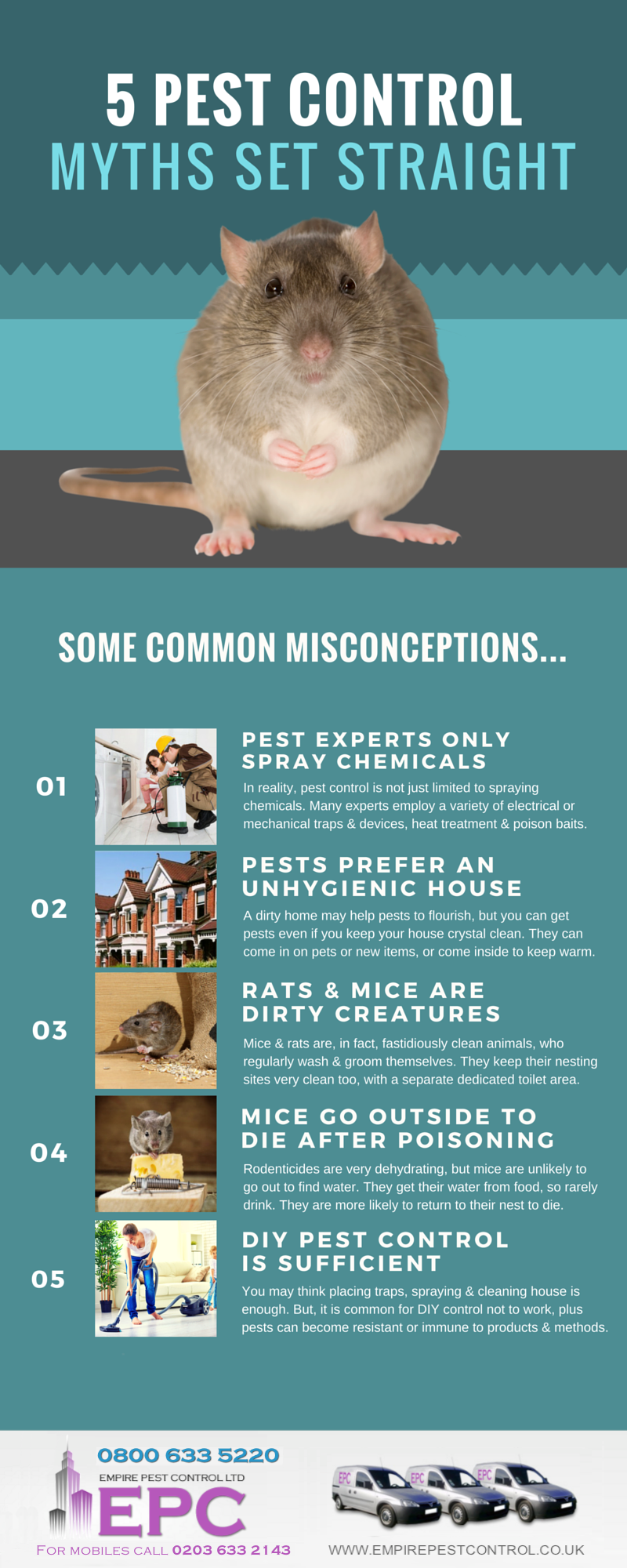Safeguarding Your Yard From Pests: Techniques For A Pest-Free Outdoor Room
Safeguarding Your Yard From Pests: Techniques For A Pest-Free Outdoor Room
Blog Article
pest control termites near me -Dunlap Hartvig
Visualize your yard as a haven, a place of harmony and elegance. Nonetheless, the existence of outside pests can promptly disrupt this ideal image. Suppose there were simple yet effective means to maintain these unwelcome visitors away and safeguard your garden oasis? By adhering to a few sensible tips and implementing natural techniques, you can develop a harmonious outside space where your plants can flourish uninterrupted.
Natural Pest Deterrents
To maintain pests away from your yard naturally, plant fragrant herbs like mint and lavender. These great smelling plants not just add appeal to your yard yet additionally work as effective insect deterrents. Bugs like insects, flies, and also some garden-damaging pests are pushed back by the solid fragrances sent out by these natural herbs. Merely placing them tactically around your yard can assist create a natural barrier versus undesirable insects.
In addition to mint and lavender, consider planting other herbs like rosemary, basil, and lemongrass to even more enhance your garden's pest-proofing capacities. These herbs not only function as natural repellents yet likewise have the included benefit of serving in food preparation or crafting homemade remedies.
Strategic Plant Placement
Take into consideration the design of your yard and the types of plants you need to strategically place them for optimum pest-proofing effectiveness.
Begin by organizing pet friendly outdoor ant killer with comparable resistance to parasites with each other. By doing this, you can develop an all-natural obstacle that deters insects from spreading out throughout your garden.
Additionally, placing pest-repelling plants like marigolds, lavender, or mint near more at risk plants can aid safeguard them. Tall plants, such as sunflowers or corn, can work as a guard for much shorter plants versus pests like rabbits or ground-dwelling pests.
natural flea and tick in mind to leave sufficient area between plants to improve air blood circulation and minimize the risk of conditions that pests may carry.
Moreover, think about planting strong-smelling natural herbs like rosemary or basil near vulnerable plants to confuse parasites' senses and make it harder for them to situate their targets.
Effective Bug Control Techniques
For combating garden pests successfully, implementing a multi-faceted pest control method is vital. Beginning by motivating natural killers like birds, ladybugs, and praying mantises to assist keep parasite populations in check. Presenting plants that bring in these valuable bugs can help in pest control. Additionally, practicing excellent garden health by eliminating particles and weeds where bugs could conceal can make your garden much less friendly to undesirable visitors.
Think about making https://shaneqlfdk.getblogs.net/58916888/choosing-the-perfect-termite-administration-service-for-your-residence of physical obstacles such as row cover fabrics or netting to safeguard at risk plants from pests like caterpillars and birds. Using organic chemicals like neem oil or insecticidal soap can likewise be effective versus specific insects while being less dangerous to helpful insects and the environment. It's essential to rotate your plants each season to avoid the build-up of parasite populaces that target certain plants.
Consistently examine your plants for indications of insect damages so you can act immediately. By combining these methods and remaining vigilant, you can efficiently regulate yard pests and appreciate a thriving, pest-free yard.
Conclusion
So, there you have it - with the ideal techniques, you can keep pesky outdoor bugs far from your garden and help your plants grow.
Did you understand that planting mint has been shown to drive away mosquitoes and other pests, minimizing the need for unsafe chemicals by as much as 60%?
By including natural deterrents and clever planting techniques, you can produce a stunning and pest-resistant garden sanctuary for you to delight in.
